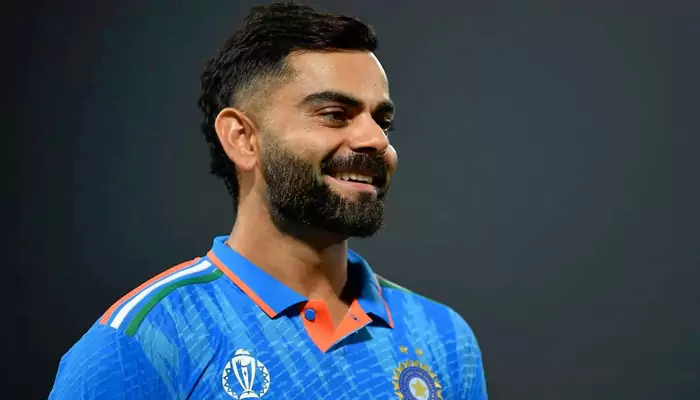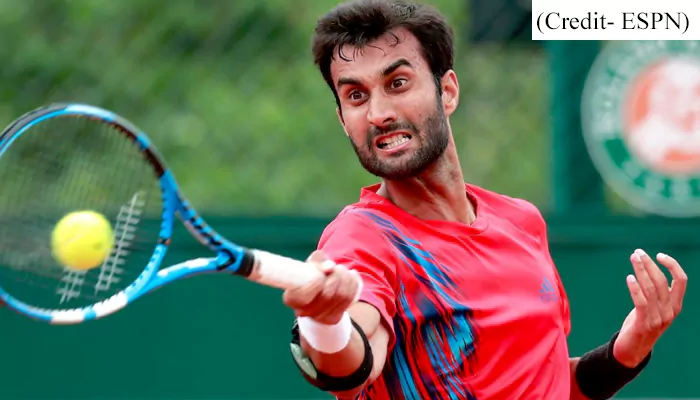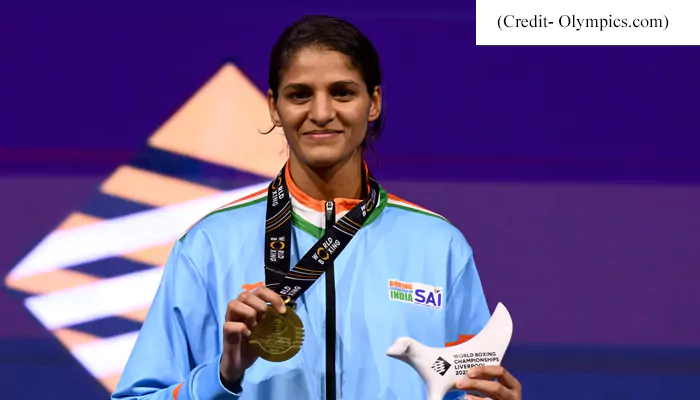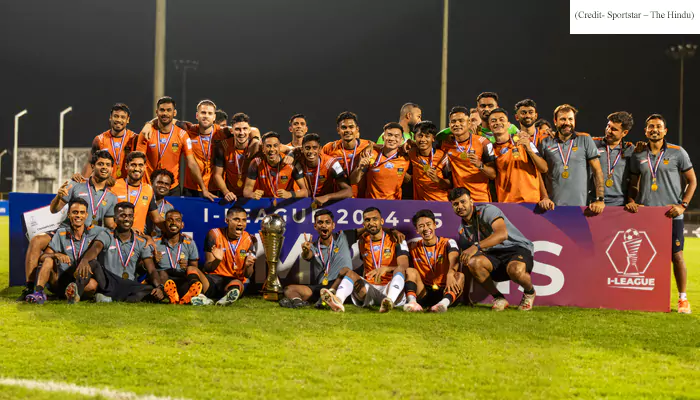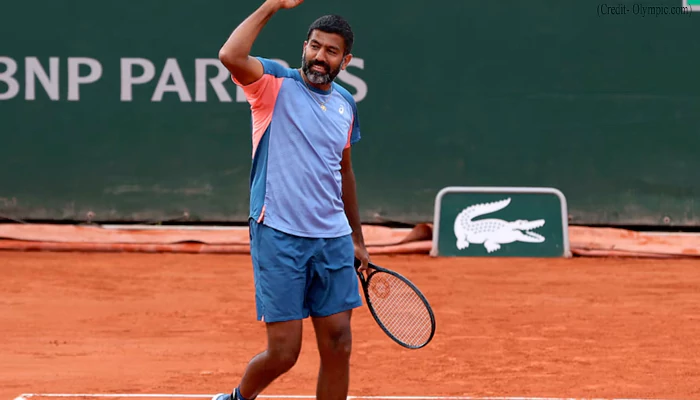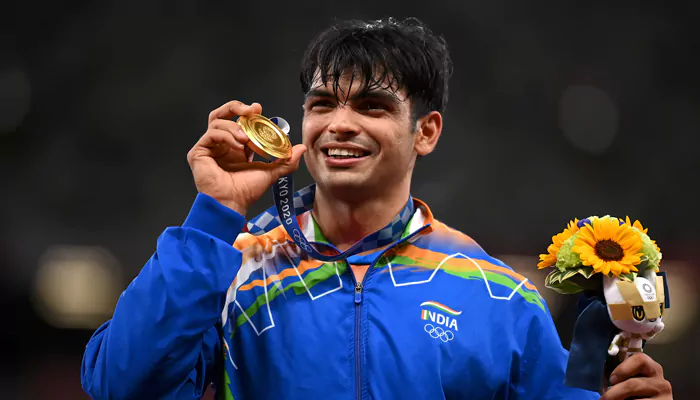
Kaur's tenure as captain showcased her resilience and passion, but it also revealed limitations in strategy and consistency
The Women's T20 World Cup 2024 was supposed to be India's time to shine, but it quickly turned into disappointment. Led by Harmanpreet Kaur, the team failed to advance past the group stages in the UAE. They opened with a loss to New Zealand and were ultimately knocked out by Australia, marking the first time since 2016 that Kaur's squad didn't make it to the knockouts. This lackluster campaign has not only disappointed fans but has also fueled discussions about Harmanpreet's role as captain.
The BCCI to meet the selection committee and Head Coach to discuss Harmanpreet Kaur's future as India's captain. (Express Sports). pic.twitter.com/Xp4CHSZKLL
— Mufaddal Vohra (@mufaddal_vohra) October 15, 2024
A legacy of leadership under pressure
Since taking over in 2016, Kaur has led India to some memorable achievements, including a final appearance in the 2020 T20 World Cup. However, this year, her leadership faced scrutiny as her team's inconsistency became evident. India's performance in this World Cup was below par, winning only two of their four matches. While Kaur's leadership once symbolised growth, this campaign revealed cracks in strategy and execution, signalling a need for fresh leadership as India heads into the 50-over World Cup at home.
Harmanpreet kaur real culprit of Indian women team loss today
— Rishabh (@livnginkohliera) October 13, 2024
- Dropped catches and did midfields
- Absolutely poor captaincy
- Got Richa Ghosh run out
- Played tuk tuk innings and took required RR out of team reach
TIME TO SACK HER FROM CAPTAINCY 🙏 #INDWvsAUSW #T20WorldCup pic.twitter.com/MkQGceJOrv
BCCI's decision: a turning point?
The BCCI's upcoming meeting with the selection committee and head coach Amol Muzumdar could mark a turning point for Indian women's cricket. Insider reports suggest a new captain may be in the works as part of a long-term strategy to prepare for the 2026 T20 World Cup. The board's decision reflects its desire to build a team capable of consistently competing on the international stage. Although Kaur is expected to remain a core player, this meeting could end her captaincy, allowing for new leadership to take the reins.
🚨 Harmanpreet Kaur’s Captaincy Under Review: BCCI set to meet selectors and coach. pic.twitter.com/dIKkqWLDtu
— CricketGully (@thecricketgully) October 16, 2024
The performance gap
Despite her talent, Kaur's impressive innings don't always lead to team victories. In a must-win game against Australia, she scored an unbeaten 54 off 47 balls, yet India couldn't secure the win. Out of her 14 T20 half-centuries, only six have resulted in wins for India. Her inability to finish games, even when well-set, has become a recurring concern. Kaur's personal records reflect her skill, but her efforts often fall short of translating into match-winning performances that the team desperately needs.
The pressure points
As one of India's most experienced players, Harmanpreet has faced criticism for her decision-making in high-pressure situations. In the match against Australia, needing 14 runs in the final over, she managed to face just two balls, leaving her team without crucial firepower when it mattered most. This pattern of faltering at decisive moments has caused frustration among fans and analysts, highlighting a need for more effective leadership.
Analysis from a former captain
Former captain Mithali Raj has been vocal about the team's challenges, criticising the lack of growth over the past few years. She highlighted the absence of role clarity, which she believes has contributed to India's struggles. Raj suggested that Kaur's captaincy may have run its course and that it's time to introduce a younger leader to revitalise the team. Her comments resonate with fans who feel that Kaur's leadership has plateaued, indicating a potential shift in dynamics that could define India's cricket future.
One of the worst international cricket teams at the moment and Harmanpreet has to be sacked now it's quite evident that she has failed as a captain.
— 💫 (@therohitfactor) October 14, 2024
Problem is even Smriti always chokes in big situations..every fucking time.
Future doesn't look too good as well. https://t.co/yaKPERt90O
The inconsistency factor
While Harmanpreet is recognised for her aggressive batting style, her performance against stronger teams has been disappointing. Her averages reflect this inconsistency: 29.06 against Australia, 22.47 against England, and 16.07 against New Zealand. Though she excels against lesser opponents, her struggles in high-pressure matches against formidable sides raise doubts about her impact when it counts.
A record under scrutiny
Leading the T20 team since 2012, Harmanpreet has a respectable overall win record, with India winning 70 out of 122 matches under her captaincy. However, her performance against stronger teams remains lacking. With only four wins in 23 matches against Australia, six wins in 16 against England, and two wins in seven against New Zealand, her track record raises concerns. The inability to secure victories in ICC tournaments further intensifies calls for a change in leadership.
Not pleased with India’s performance under Harmanpreet Kaur's captaincy in recent years, @M_Raj03 has suggested the name of someone younger to take over the leadership role.#T20WorldCup #TeamIndia https://t.co/anlNMyVHT3
— Circle of Cricket (@circleofcricket) October 16, 2024
The next steps for Kaur and team India
With Kaur approaching 35, questions of workload management have surfaced. Leading in all three formats has undoubtedly impacted her performance, mirroring decisions made by players like Virat Kohli and Rohit Sharma to reduce their format commitments. The BCCI might encourage Kaur to step back from certain formats to prolong her career and pave the way for new talent. As the team looks ahead, this could be the perfect moment to usher in fresh leadership, giving India the competitive edge needed to finally break their ICC trophy drought.

